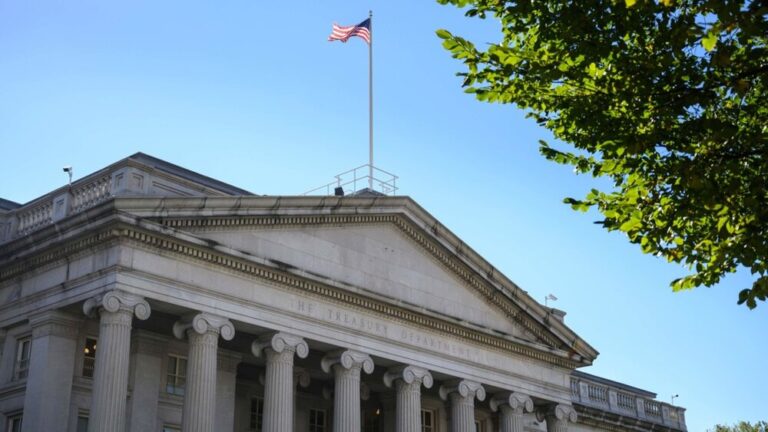Tel Aviv Stock Exchange Plummets for Second Consecutive Day Amid Rising US Tariff Concerns
The recent decline in stocks has captured significant attention, particularly following the dramatic fluctuations in the Tel Aviv Stock Exchange. Investors are left grappling with the implications of these changes on the broader market. According to a report from the Times of Israel, the Tel Aviv Stock Exchange’s benchmark TA-125 index has experienced a notable drop.
In detail, the TA-125 index declined by 3.1 percent after suffering a substantial decrease of 3.8 percent on the previous Sunday. This downturn has raised concerns among investors and analysts alike.
Furthermore, the TA-35 index, which reflects the performance of blue-chip companies, is currently down by 2.8 percent. The situation worsens for the TA-90 index, which tracks shares with the highest capitalization not included in the TA-35 index, reporting a decline of 3.6 percent. The TA-Insurance and Financial Services index has also been hit hard, plummeting by 4.2 percent.
The sharp decline in Tel Aviv shares aligns with a broader trend of falling stocks in both Asia and Europe. The ripple effects of these market movements highlight a significant global concern for investors. On Friday, the S&P index in the United States experienced a dramatic loss of nearly 6 percent, marking the largest drop since June 2020. Similarly, the Dow Jones Industrial Average fell by 5.5 percent, amplifying fears of potential economic instability.
- TA-125 index: Down 3.1 percent
- TA-35 index: Decreased by 2.8 percent
- TA-90 index: Declined 3.6 percent
- TA-Insurance and Financial Services index: Dipped 4.2 percent
- S&P index: Lost almost 6 percent
- Dow Jones Industrial Average: Slumped 5.5 percent
This tumultuous period for the Tel Aviv Stock Exchange, alongside the downturn in global markets, underscores the interconnected nature of today’s economic landscape. Investors are urged to remain vigilant and informed as these trends may have long-term implications for investment strategies and financial planning.
As analysts continue to evaluate the causes behind these declines, several factors are being considered. Economic indicators, geopolitical tensions, and shifts in consumer confidence are all playing a role in shaping market sentiments. The current atmosphere calls for a careful approach to investing, as the volatility may persist in the coming weeks.
In conclusion, the current state of the Tel Aviv Stock Exchange reflects broader global economic challenges. With significant declines across various indices and the overall market sentiment leaning towards caution, investors are advised to keep a close eye on developments. Understanding the implications of these market movements is crucial for making informed financial decisions in an increasingly complex environment.
For those looking to navigate these turbulent waters, seeking advice from financial experts and conducting thorough market research will be essential. As the situation evolves, staying updated on market trends and economic reports will empower investors to make strategic choices that align with their financial goals.
In light of these developments, it is clear that the landscape of stock trading is shifting dramatically. Investors should remain proactive in their strategies, ensuring that they are prepared for potential fluctuations in the market.






